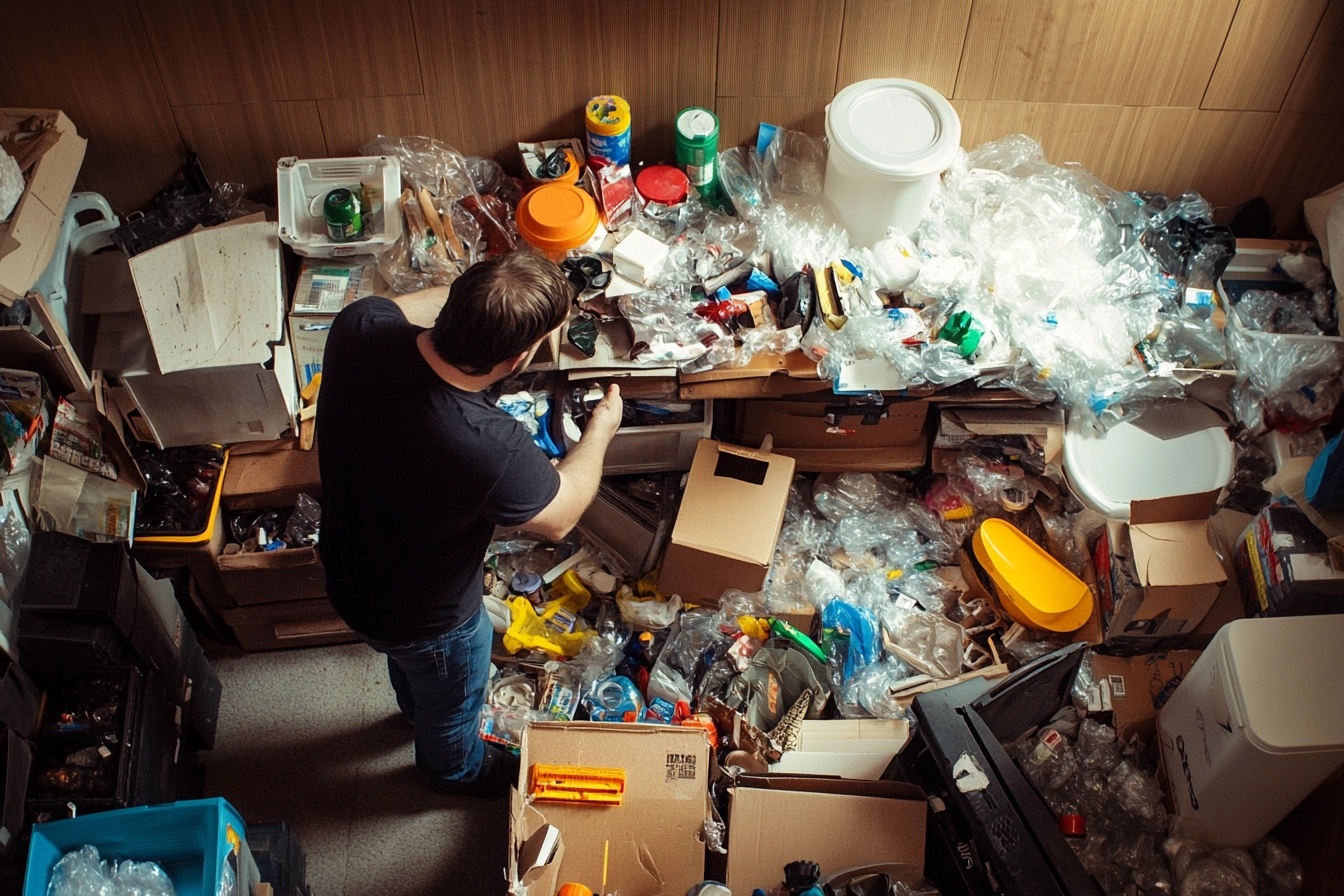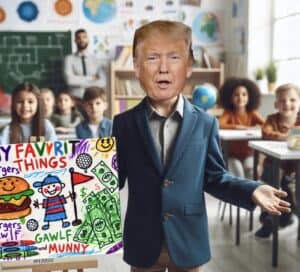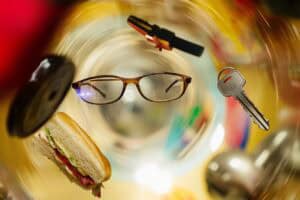
In what may be the biggest government screw-up since someone thought NFTs were a good idea, a leaked report suggests a plastic-eating microbe has been accidentally released into global water systems. Experts now warn that all plastic could be completely gone by 2028, leading to mass panic, skyrocketing plastic prices, and desperate hoarders sealing their precious Tupperware inside glass cases.
How Did This Happen?
According to anonymous whistleblowers (who we assume are now “missing”), a batch of water containing the plastic-devouring bacteria was mistakenly labeled as “neutral” before being flushed into public water supplies. The bacteria, designed for waste reduction experiments, was never meant to leave the lab—but thanks to a clerical error, it is now on a world tour, devouring plastic at an exponential rate.
One scientist, who chose to remain unnamed for fear of being forced into an emergency PR role, stated:
“We thought we were solving the plastic crisis. Turns out we just created a new one. Who knew?”
The Great Plastic Rush of 2025

As soon as the leak hit the news, desperate collectors began hoarding anything plastic—shopping bags, soda bottles, Crocs—as the value of plastic soared beyond gold. In an ironic twist, resellers are now offering vacuum-sealed Ziploc bags for thousands of dollars, while underground black markets have begun trading in pre-2024 plastic straws.
An eBay listing for a single, mint-condition McDonald’s Happy Meal toy reached $25,000 before being taken down by authorities.
A Plastic-Free Future?
While environmentalists are cheering, the economic and industrial consequences are already catastrophic. Factories worldwide are shutting down as everything from medical equipment to car parts begins disintegrating. Scientists are scrambling to develop a counter-bacteria before the modern world collapses into a pre-1950s nightmare—where milk came in glass bottles and people had to actually wash dishes.
“We could be looking at a world where plastic simply… doesn’t exist anymore,” said one policy expert. “And frankly, I don’t think humanity is ready for that kind of horror.”
What’s Next?
Governments worldwide are urging citizens to “use plastic sparingly”, as if anyone still had any left. Meanwhile, billionaires are already investing in “plastic vaults”, underground bunkers filled with airtight containers of everyday plastic items, ready to be sold to the desperate masses.
As for the rest of us? Well, it’s only a matter of time before someone starts bottling plastic particles and selling them as NFTs.
One thing is certain: by 2028, plastic will be the most valuable thing on Earth—if it still exists at all.
This is satire, of course. The real world is nothing like that…
But if you want to see how things actually work, here are some totally real, absolutely normal links that inspired this story:
Real-World Context:
- Discovery of Plastic-Degrading Bacteria: In 2016, Japanese researchers identified Ideonella sakaiensis, a bacterium capable of breaking down polyethylene terephthalate (PET), commonly used in plastic bottles. This bacterium uses enzymes to decompose PET into environmentally benign substances. science.org+3en.wikipedia.org+3en.wikipedia.org+3
- Accidental Enhancement of Plastic-Degrading Enzymes: In 2018, scientists inadvertently engineered a mutant enzyme that accelerates the breakdown of PET plastics. This discovery holds promise for more efficient recycling processes. en.wikipedia.org+2theguardian.com+2sciencealert.com+2
Hypothetical Risks and Discussions:
- Unintended Consequences of Engineered Microbes: The notion of a plastic-eating microbe escaping containment and causing widespread issues is a topic of speculative discussion. Concerns include potential mutations leading to the degradation of unintended materials and ecological imbalances. While such scenarios are largely theoretical, they underscore the importance of stringent biosafety measures in genetic engineering. reddit.com
This satirical narrative plays on the dual nature of scientific advancements: the potential for groundbreaking environmental solutions and the hypothetical risks if such technologies were mishandled.
Advancements and Speculations in Plastic-Degrading Microbes

ft.comSynthetic ‘mirror’ microbes pose unprecedented threat to life, scientists warn92 days ago








